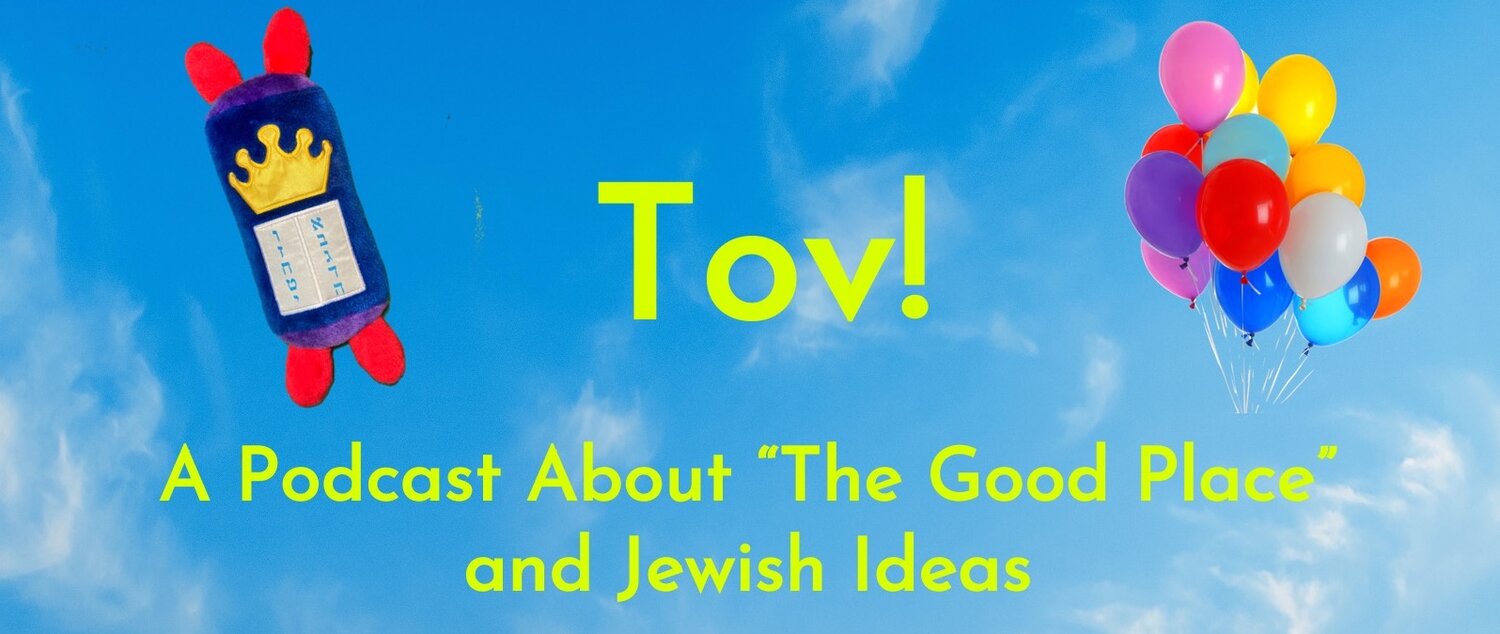Chapter 2: Does Study Lead to Change?
On “The Good Place” Chidi assesses whether or not to help Eleanor, and on the podcast Jon Spira-Savett and Dan Ross (still rabbis!) discuss how teshuvah begins and whether studying philosophy or Torah or anything can help you become a better person.
Texts (learn about texts and terms on our Jewish Lexicon page; also, how you translate small Hebrew words like prepositions can change the meaning of a text as you’ll see here)
Rabbi Moses Maimonides or “Rambam”
Mishneh Torah, Hilchot Teshuvah (Laws of Teshuvah) 2:1
And what is teshuvah? It is that one who has done wrong leaves the wrongdoing and pushes it out of one’s thoughts, and resolves in one’s heart not to do it again, as it is said (Isaiah 55:7), “Let the wicked leave his way and the evil one his thoughts and let him return to Adonai…”, and so/then/similarly will have regret about one has done, as it is said (Jeremiah 31:19), “After I went back, I regretted”...
Babylonian Talmud, Kiddushin 40b
And already Rabbi Tarfon and the Elders were reclining in the loft of the house of Nit’za in Lod [when] this question was asked before them: Is study [talmud] greater or is action greater? Rabbi Tarfon answered and said: Action is greater. Rabbi Akiva answered and said: Study is greater. Everyone answered and said: Study is greater, since/when study leads to action.
Mishnah, Pirkei Avot 4:1
Ben Zoma says: Which one is wise? The one who learns from every person.
Learn more about both Jon and Dan, and how to follow them, on our Hosts page!

